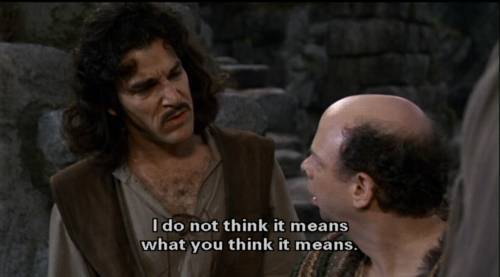a_minimalist;4628761 said:
You're right it doesn't make any sense, for the film industry. It would require some investment and a lot of negotiating to allow it to happen. It's much easier to stick with the status quo. But, they will be forced to allow it to happen eventually.
That's questionable. Let's look at the evolution of mass music delivery for a moment.
The original method delivery of newly created music to consumers involved records. 8-track and cassette tapes was the next stage of evolution, with CD's eventually displacing them as well. Each stage was for delivery of
new material was facilitated by newer and affordable music playing platforms: phonographs to tape decks/records to CD players.
Then the internet was graced with a blessing: speed. What must be pointed out here is HOW the recording industry's product was initially made available:
- One individual could buy a cassette or CD from a store
- Record its contents to his or her computer
- Allow an unlimited number of other consumers to access his or her computer and download product
- Those unlimited number of other consumers would then allow an unlimited number of more consumers to do the same.
New music could be uploaded and downloaded within moments. Ease of obtaining
free music via piracy birthed online entities such as Napster.
The recording industry was being raped of profits. Literally. Cheaper alternatives were mandated or it would have endangered the enormous profitability of all music artists'
new audio within the industry. Thus, online delivery systems such as iTunes came into being.
New material from the movie industry is discretionally sold to general public. Straight-to-video product is practically always substandard in terms of profitability to the movie studios to that of first-run films. STV is a second-tier revenue stream, not first-tier.
New movies are distributed outside stores and directly to theaters. It is only when a breakdown in secure access to that product when piracy occurs. This is usually the result of theft by video pirates or opportunists from the studios' premises, somewhere along the mail route or from the theater houses.
New video, which was
initially not purchased, but stolen, then takes the pirated audio route and is mass distributed illegally.
That is the problem confronting the movie industry. The solution is securing the distribution system from studios to theaters and keeping their product secure after delivery to theaters.
It is basically this potential for solving or stymying the theft component to the problem, which has and will prevent first-run movies from being delivered straight to customers in the near future. In the meantime, the industry continues to combat piracy by shortening theater runs for their product. The model is rake in as much profit as possible from the availability of superior product via theaters and then undercut video pirates with studio produced product via blu-ray and on-demand shortly thereafter (e.g. within several months of initial release).
Personally, I believe the industry could look at remote electronic delivery to theaters, with enhanced encryption to secure product, and more stringent criminal penalties for downloading streamed direct-to-theater product. It would be a huge gamble and a larger research and development investment to make that a reality, but it would make a huge dent in bootleg video sales.




 ) WITHOUT commentary from me. Note: I did not include Suspiria (haven't seen it yet) or Devil. I haven't seen Devil since starting a personal Shyamalan boycott after his The Last Airbender. That may have been the last straw even though I thought The Happening would have been.
) WITHOUT commentary from me. Note: I did not include Suspiria (haven't seen it yet) or Devil. I haven't seen Devil since starting a personal Shyamalan boycott after his The Last Airbender. That may have been the last straw even though I thought The Happening would have been.